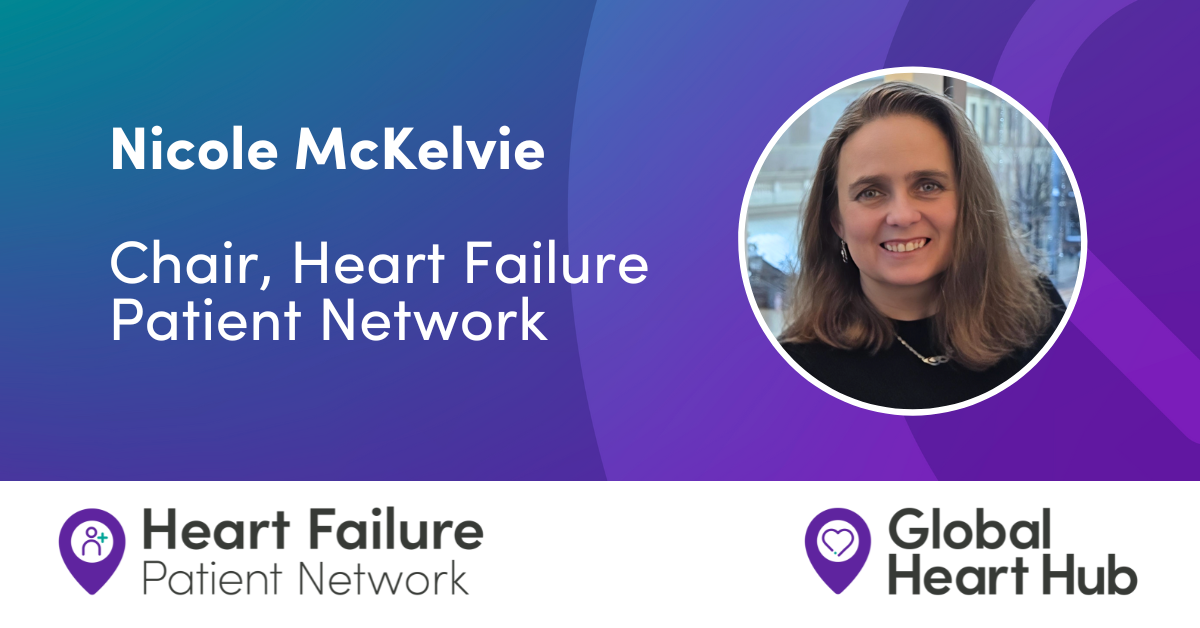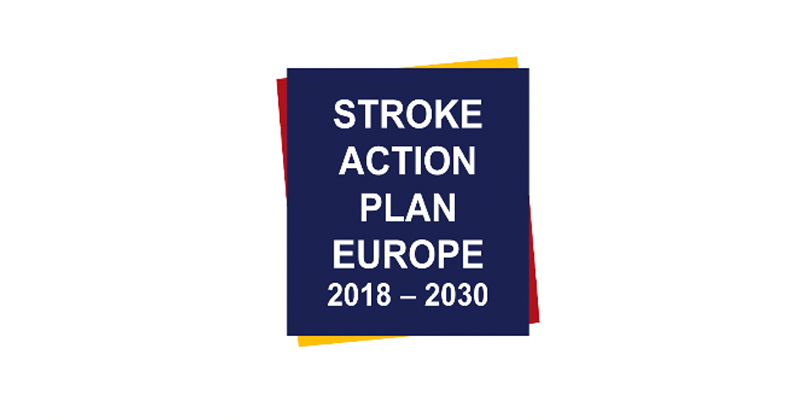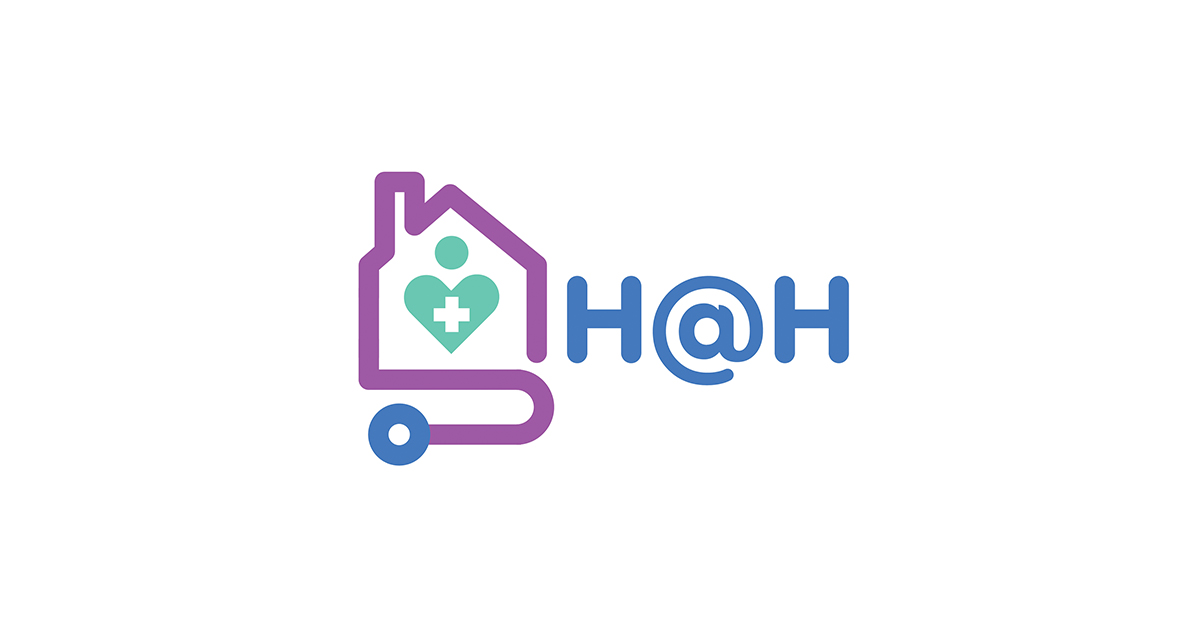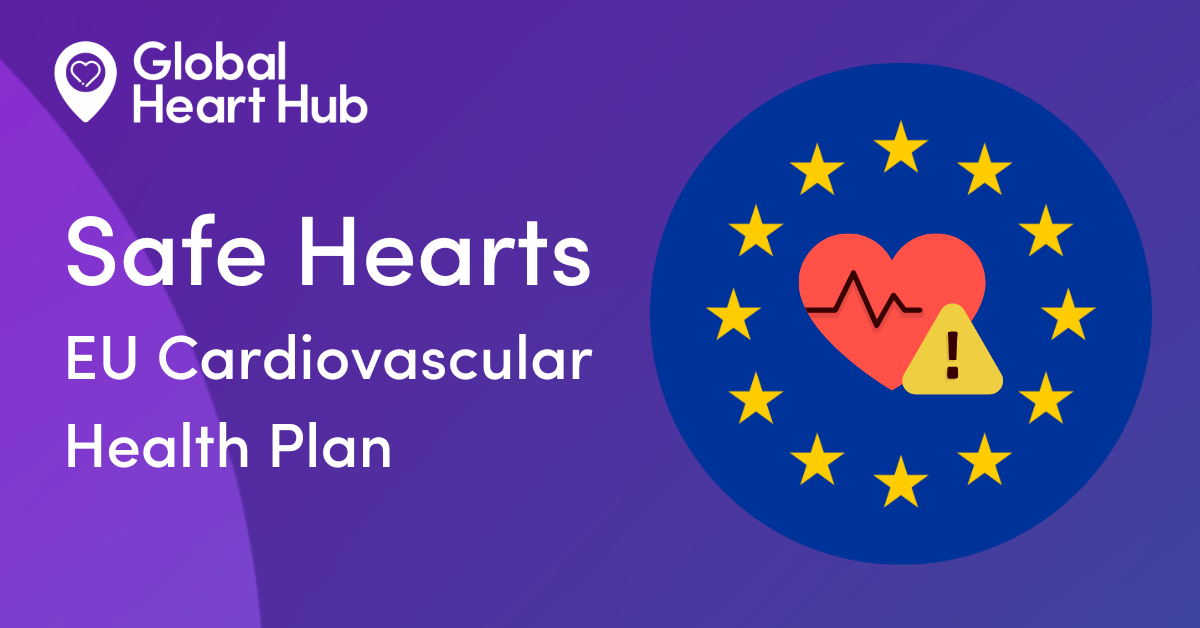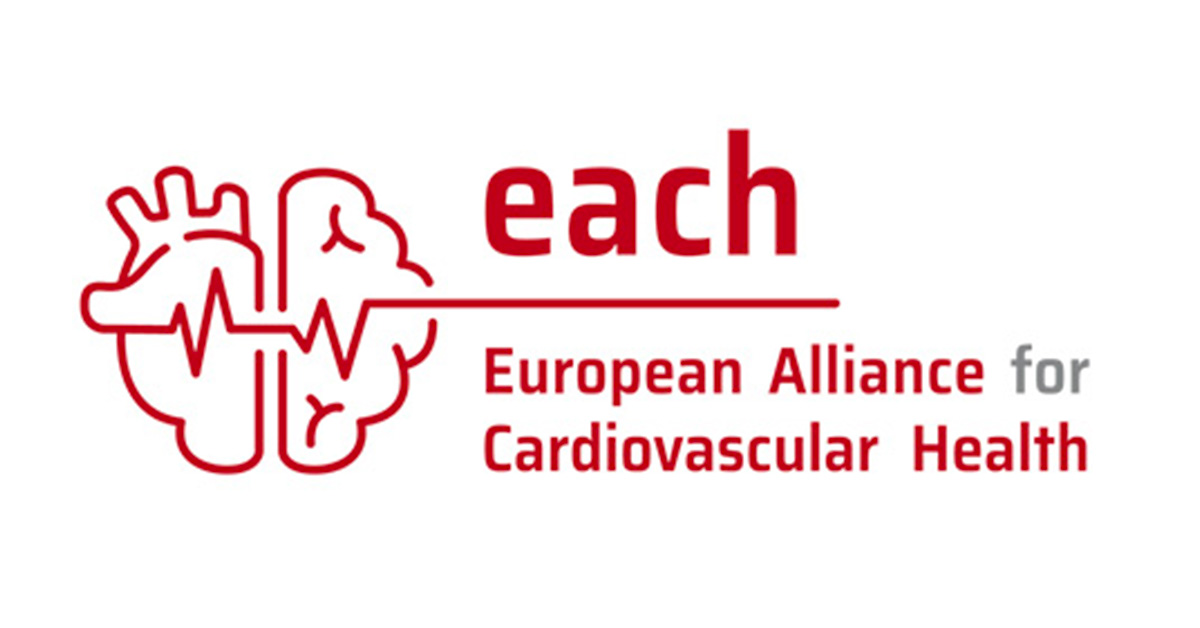READI Project Launches to Enhance Patient Representativeness and Inclusion in European Clinical Research
READI Project Launches to Enhance Patient Representativeness and Inclusion in European Clinical Research
16 January 2025
The pioneering project READI —Research in Europe and Diversity Inclusion—a public-private partnership funded by the Horizon Europe Innovative Health Initiative (IHI) and driven by meaningful co-leadership with patients, officially launches today.

Its purpose is to promote a less fragmented and more democratic ecosystem for clinical studies (CS) by engaging key stakeholders in the process of including underserved and underrepresented populations in CS.
The consortium is coordinated by the Servicio Madrileño de Salud (SERMAS), through Hospital Universitario La Paz, as the Project Coordinator, Novartis as the Project Lead, and supported by The Synergist as the Digital & Sustainability Coordinator. This project brings together a highly multidisciplinary consortium of 73 organisations from 18 different countries. The six-year project will have a budget of €66.8 million, of which €31.5 million is requested to be funded by IHI, and €34.2 million is committed by industry and contributing partners.
READI’s main objective is to enhance the representativeness of underserved populations in clinical studies by fostering a more cohesive and integrated clinical study ecosystem, with the ambition of achieving full inclusion by placing the patient at the center. It will actively connect key stakeholders involved with underserved and underrepresented communities, and equip them with the necessary tools, training programs, and strategies essential for recruiting and retaining underserved and underrepresented patients in clinical studies. To demonstrate READI’s capacity to broaden representation in clinical research, the approaches will be tested in real-world pilot clinical and non-clinical use cases, supported by industry partners.
The work will include mapping the characteristics of these populations using Real-World Data (RWD), developing standardized descriptors for their inclusion, collecting insights and informing regulatory and Health Technology Assessment (HTA) policies to enhance representativeness in clinical studies.
READI will help underserved and underrepresented communities overcome barriers to clinical study participation, such as lack of information or awareness, mistrust, poor communication, geographic limitations, and prejudice. In addition, READI will design and implement a patient-centered, open, and innovative digital platform. This platform will improve access to clinical study information and READI tools, while fostering patient connections with established communities.
Ultimately, this initiative will lead to more innovative science and will improve inclusive participation in clinical trial research thereby promoting health equity in Europe.
The expertise behind READI
The READI project is supported by a consortium of 73 organisations, drawing together expertise from clinical research, patient advocacy, digital health, and regulatory affairs.
Collectively, they contribute to READI’s mission of fostering inclusive clinical studies across Europe, addressing health disparities, and expanding patient access to innovative treatments.
Coordinated by:
SERMAS (Servicio Madrileño de Salud), through Hospital Universitario La Paz in Spain, Novartis in Switzerland, and supported by The Synergist in Belgium.
Consortium include:
AbbVie, Aarhus Universitet (AU) and Aarhus Universitetshospital (AUH), Almirall SA (ALM), AstraZeneca AB (AZ), Boehringer Ingelheim, Breakthrough T1D, (BREAKTHROUGH1D) Bristol-Myers Squibb Company Corp (BMS), CDISC Europe Foundation Fondation (CDISC) Chiesi Group, Curewiki, Digestive Cancers Europe (DiCE), Eli Lilly and Company (Lilly), Esperity (CT.be), European AIDS Treatment Group (EATG), European University Cyprus (EUC), ECRIN European Clinical Research Infrastructure Network (ECRIN), F. Hoffmann-La Roche AG (Roche), FIBHUG (Fundación para la Investigación Biomédica del Hospital Universitario de Getafe), Fundación para la Investigación Biomédica del Hospital Universitario la Paz (FIBHULP), FISABIO (Fundacion para el Fomento de la Investigación Sanitaria y Biomédica de la Comunitat Valenciana), Forum des Patients Européens (EPF), Fundación 29 de Febrero, Fundació Privada per a la Recerca i la Docència Sant Joan de Déu (FSJD), GlaxoSmithKline Research & Development Limited (GSK), Global Heart Hub (GHH), HL7 International Foundation, Information Technology for Translational Medicine (ITTM) SA, Irish Platform for Patients’ Organisations Science and Industry (IPPOSI), Janssen-Cilag Limited, a Johnson & Johnson company, Klinikum der Universität zu Köln (UHC), Medicines and Healthcare Products Regulatory Agency (MHRA), Midtjyllands EU Kontor Forening (CDEU), National Cancer Institute (NCI), National Institute for Health and Care Excellence (NICE), Novo Nordisk A/S, Pagalbos Onkologiniams Ligoniiams Asociacija (POLA), Penta Foundation (PENTA) Pfizer Inc (Pfizer), Sanofi, Shine 2Europe LDA (SHINE), Socialit Software e Consulting Srl (SIT), Stichting EUPATI Foundation (EUPATI) Stichting VU, Synapse Research Management Partners SL (Synapse), Synergist Services (Synerserv), Takeda Pharmaceuticals International AG (TPIZ), The August Pi i Sunyer Biomedical Research Institute (IDIBAPS), Trial Nation (TrialNation), UCB Biopharma (UCB), Universitair Medisch Centrum Utrecht (UMCU), University of Nicosia (UNIC), University Court of the University of Aberdeen (UoA), Vicomtech, ViiV Healthcare UK LTD, VU University Medical Center (VU), Youth Cancer Europe (YCE), and Zabala Innovation Consulting SA (ZABALA).
Partner role:
Global Heart Hub is committed to enhancing the inclusion of underrepresented populations in cardiovascular clinical studies. Our efforts focus on understanding the unique challenges these groups face and developing strategies to overcome them. Through collaboration with stakeholders, we aim to create a more equitable research environment that reflects the diversity of the patient population. Moreover, by mapping stakeholder networks and fostering relationships among patients, researchers, and healthcare providers, we endeavour to create a supportive ecosystem. This connectivity not only enhances trust in clinical studies but also encourages collaborative efforts towards better health outcomes.
Contact:
For more information about the READI project,
Visit our website: https://ihi-readi.org/
Follow us on LinkedIn, X and Subscribe to our YouTube Channel
@IHIREADI
Media contact:
- Nora Franco – nfranco@zabala.es – Dissemination & Communication Manager
- Bea Quintillá – bquintilla@zabala.es – Dissemination & Communication Manager


